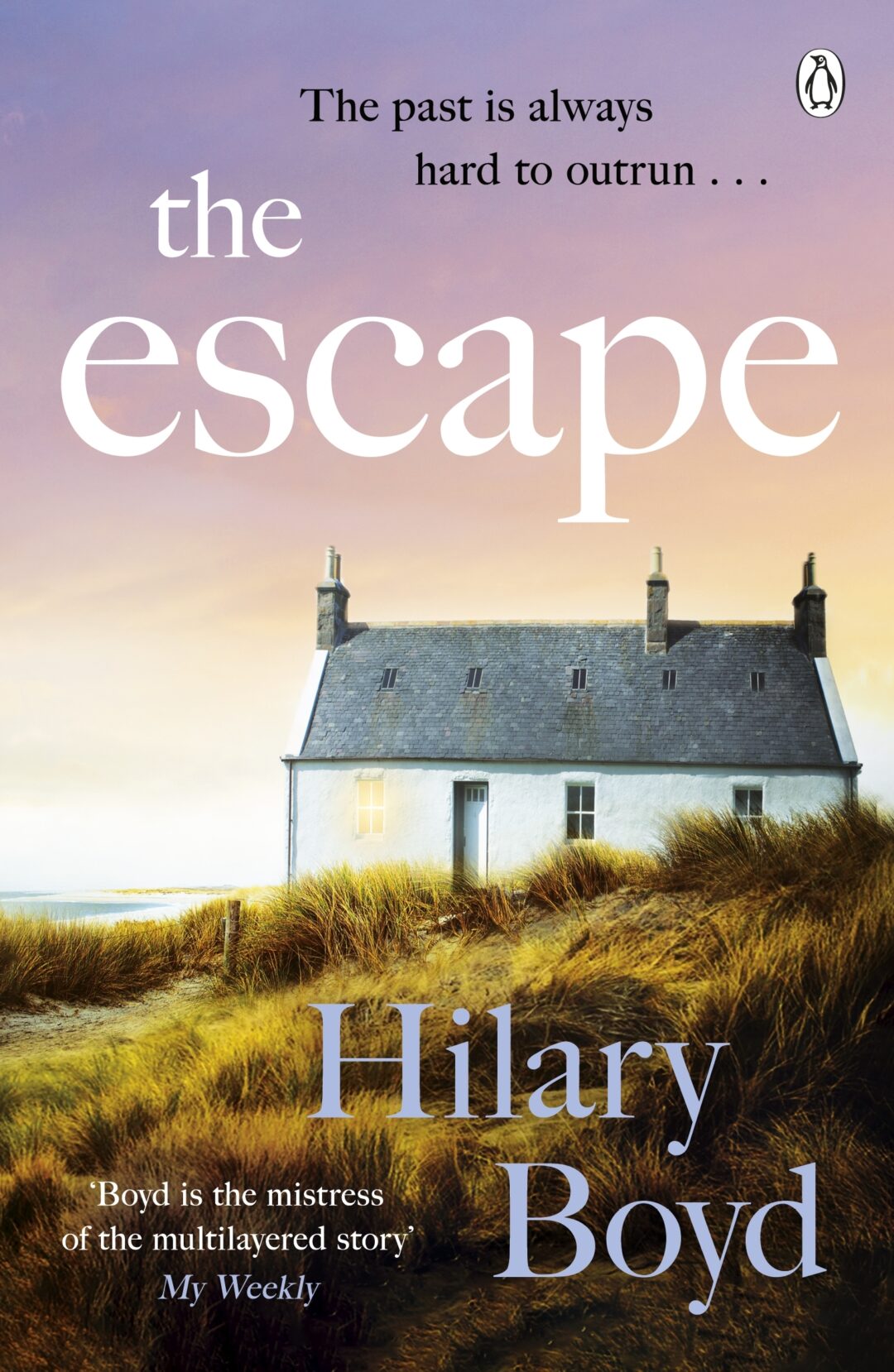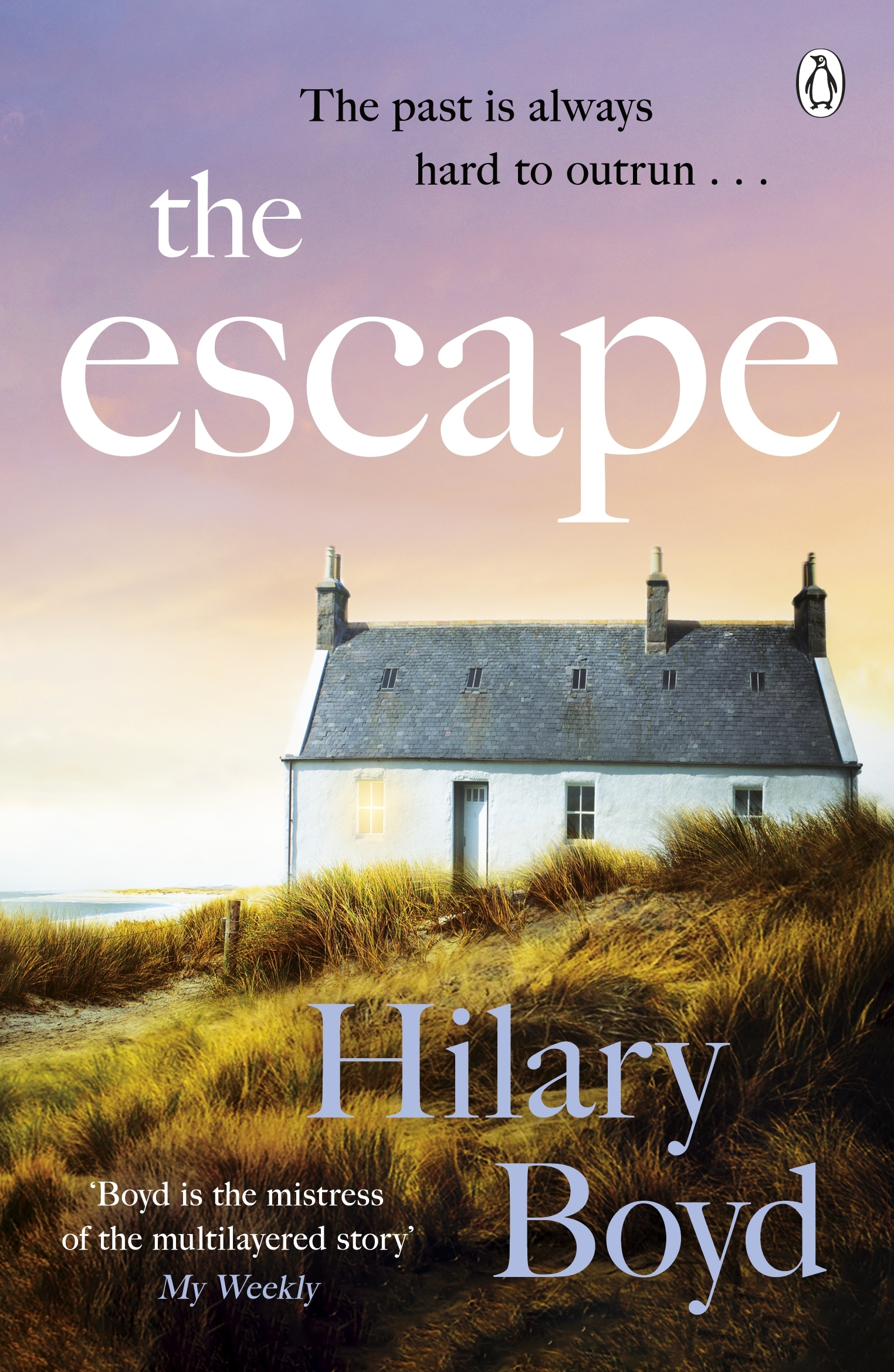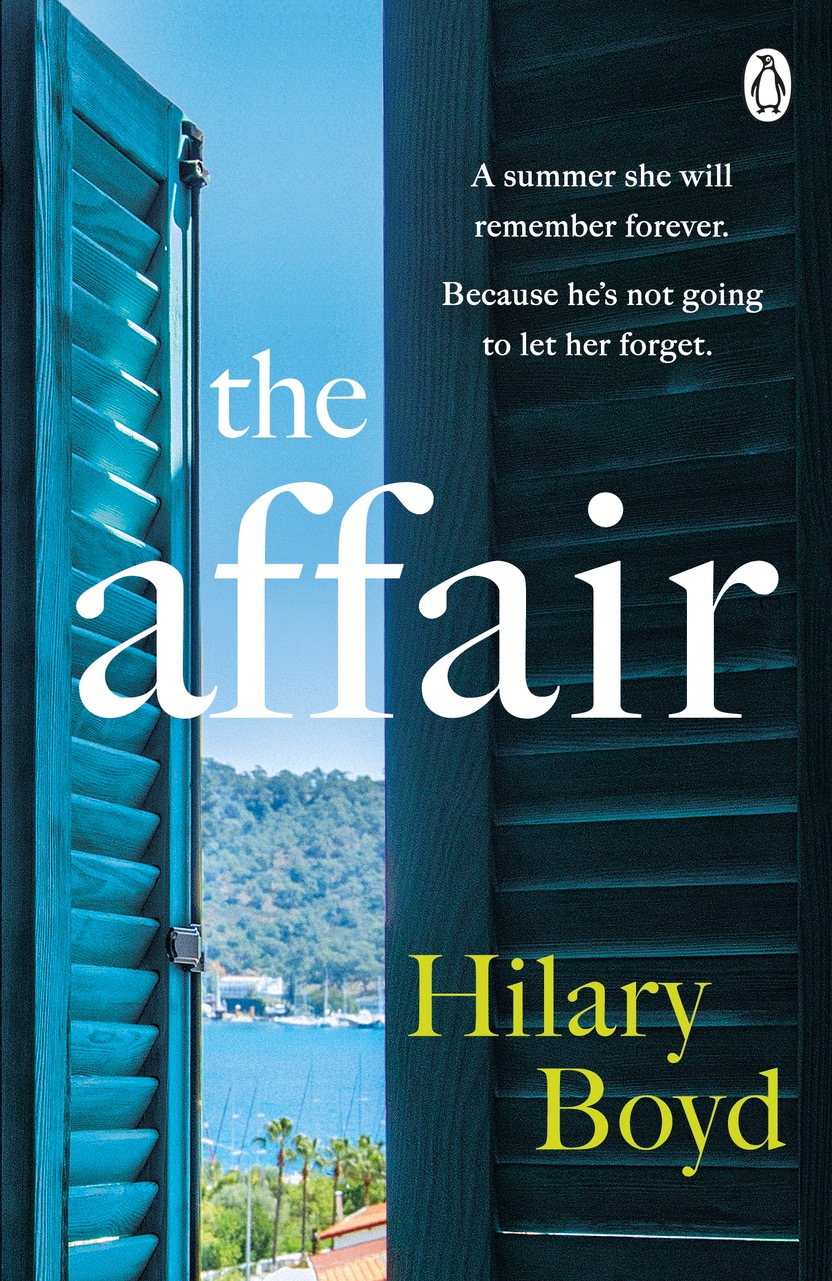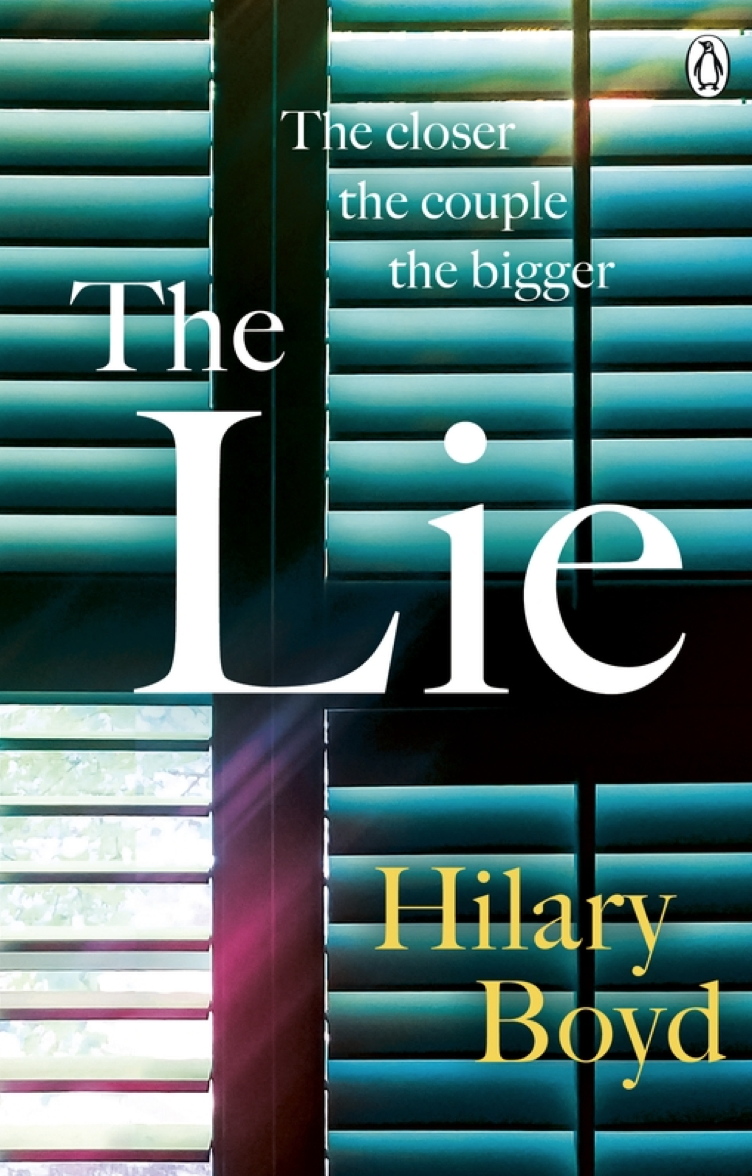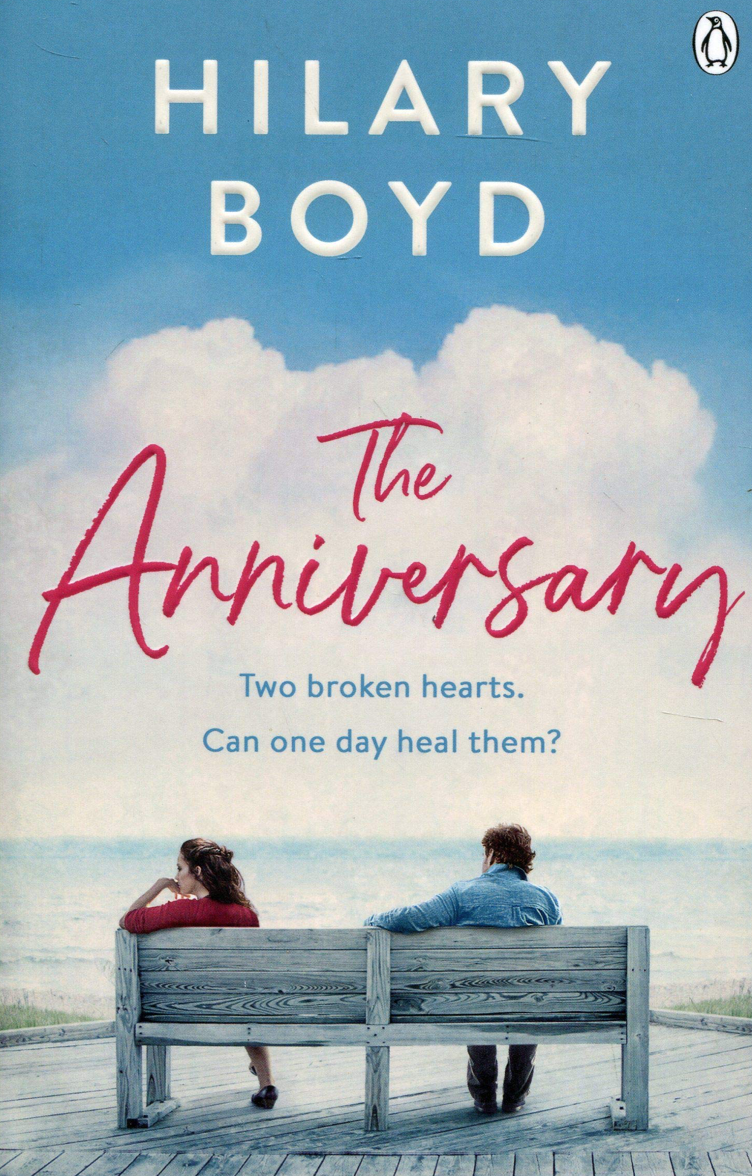Q&A With Hilary Boyd
“Talking about myself in print is something I’d never done, until I became a published novelist. It was scary. What should I tell, how much, how personal? Would anyone really care what went on in my life – be gripped, for example, that I like a boiled egg for breakfast? But as I began to tell my story I realised I actually quite enjoy talking about myself. I’m now a fully paid up narcissist in the making…”
A conversation with the writer
1. Where do you write?
I have a cosy room in the attic of our house. It has windows overlooking the road through the village and the roof tops, so when I’m bored I can gaze out and watch the world go by. My husband is across the patio in the converted garage, so we can’t hear each other thinking! This is a vast improvement to our tiny London flat, where we were on top of each other, driving each other nuts.
2. What is your writing routine?
Sorry, I’m not one of those writers who’s hard at it by 5am. Nor do I write long into the night. My routine is really dull, like a 9 – 5. My best time is the morning. Then after lunch I’ll revise – often junk – what I wrote earlier, and get depressed about what rubbish it all is. I’ll have a cuppa and go for a long walk round the harbour at the end of the day – ten minutes away – and breathe out all the tension in the peaceful beauty. It’s a pretty bloody lovely routine, I reckon.
3. How did you start writing about romance?
I’m a true romantic. I’ve always been a sucker for a great love story. Who isn’t? The whole relationship dynamic fascinates me – I suppose that’s why I became a marriage guidance counsellor – and there’s so much emotion in a love affair. You can go for broke. Really feel it.
4. Computer or long-hand?
Hmm, I feel oddly guilty about this, but I write directly onto my computer. I have writer friends who pen their novels elegantly in different coloured ink, in lovely leather-bound notebooks, with multicoloured Post-its and ribbons for marking things. I’d love to be one of those writers, it’s much more romantic than a bog-standard computer screen. But it just doesn’t work for me. And it gives me neck ache. I haven’t written anything long-hand for so long, my writing is practically illegible, anyway.
5. Do you enjoy researching your books?
No, I hate it. It’s so embarrassing having to take up someone else’s time to ask about their work or life – although they never seem to mind. And however many questions I ask, they’re never the ones I need when I’m actually writing a scene. So, I then have to bother them with lots more questions.
But place research is different. A few days sunning myself in Malta, eating scones in Cornwall or striding the hills of Scotland… What’s not to like?
Of course, with YouTube and Google, you can do a huge amount of research online. It makes me laugh to think of someone trying to pinpoint my online profile. They’d have a serious problem. I might be researching camping equipment, or door widgets, the route from Calais to Istanbul, but it’s all fiction. I don’t actually want a tent.
6. Where do you get your ideas?
Life, life and life! There are as many stories as there are people on the planet and I’ve been around for quite a while now, so I’ve heard a few. It’s not usually a complete story that sets me off, just a situation, or a dilemma, a What if? My friends are wary of me now, they wag their finger at me and say, ‘I hope this doesn’t turn up in your next book.’ But if it does, they never recognise themselves. And if they do, I deny it. I have to write down an idea immediately, otherwise I lie awake all night, trying to remember.
7. Which writers inspire you?
Oh, so many. Every book I read gives me something to think about. But writers I really admire include Anne Tyler, Anita Shreve, Daphne du Maurier, Margaret Atwood, Charles Dickens, Ann Patchett, Jane Austen and George Eliot. They all create the most amazing, unforgettable characters – a skill seriously to be admired. I’m a slow reader, I read every word. So I don’t often read books twice.
8. How do you select the names of your characters?
Names are everything. You get the wrong name and the character doesn’t gel at all. I have often had to change the name of one of mine, halfway through writing the book, because it just wasn’t feeling right – which can cause confusion, if the publicity is already out there. I trawl name sites, I think of friends’ names, I hear a name on the TV, or see something in an article online. You have to get the generation right, for instance. It’s no good calling an eighty-year-old woman by a trendy modern name like Avery or Bowie.
9. What does literary success mean to you?
- Time to write without the pressure of another job.
- Enjoyment of doing the work I love most.
- Money, so I’m not panicking about the next bill.
- People I’ll never meet sitting down with a Hilary Boyd and have a good old read.
One of my best moments was when I took my granddaughters to see a show. An old lady was wheeled into the theatre foyer by her carer, and in her hand was clutched Thursdays in the Park, the book dogeared and obviously much loved. ‘She won’t let go of it,’ the carer said. ‘I wrote that, that’s my book,’ I shrieked, much to the embarrassment of my grandchildren. But I’m not sure she understood.
There is also a real thrill when I receive a translation copy in the post, in Czech or Polish or Italian or Swedish. I’m Hilarija Boida in Latvian.
10. What is the most difficult part of your writing process?
Editing, without question, although I’ve been incredibly lucky to have some fantastic editors. It’s almost harder to dive back in and edit a book than to start all over again. Because you’re having to see your book through your editor’s eyes and assess whether they are right or not, in their comments. Then you change one thing, and it’s like a house of cards, everything needs putting back together. You have to know when to stop. No book will ever be perfect, but I still want mine to be!
I was doing the copy edit on my last book recently, and I found I had called a very minor character Sarah on one page and Beth on the next. No one had picked it up. How embarrassing would that have been, eh?
Today most publishers use Track Changes, an editing system on Word. So, lots of bubbles appear on the side of the page, with queries and suggestions, typos and punctuation mistakes. It’s very efficient, but you open your manuscript and see rows and rows of these bubbles and your heart sinks. Suppose I can’t make it right this time, I can’t help thinking.
